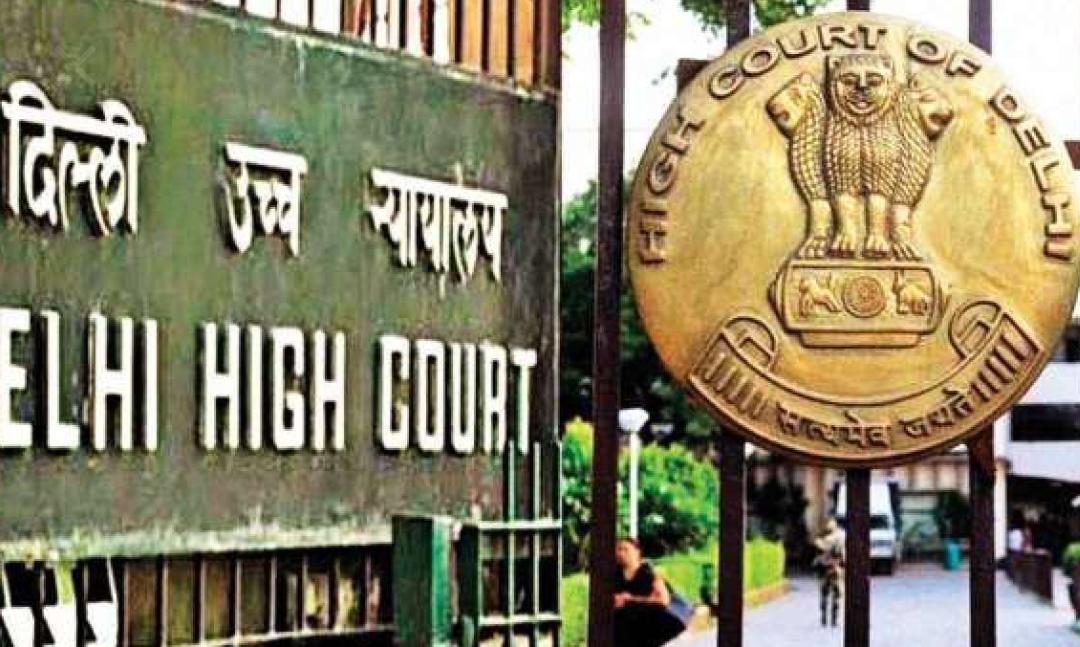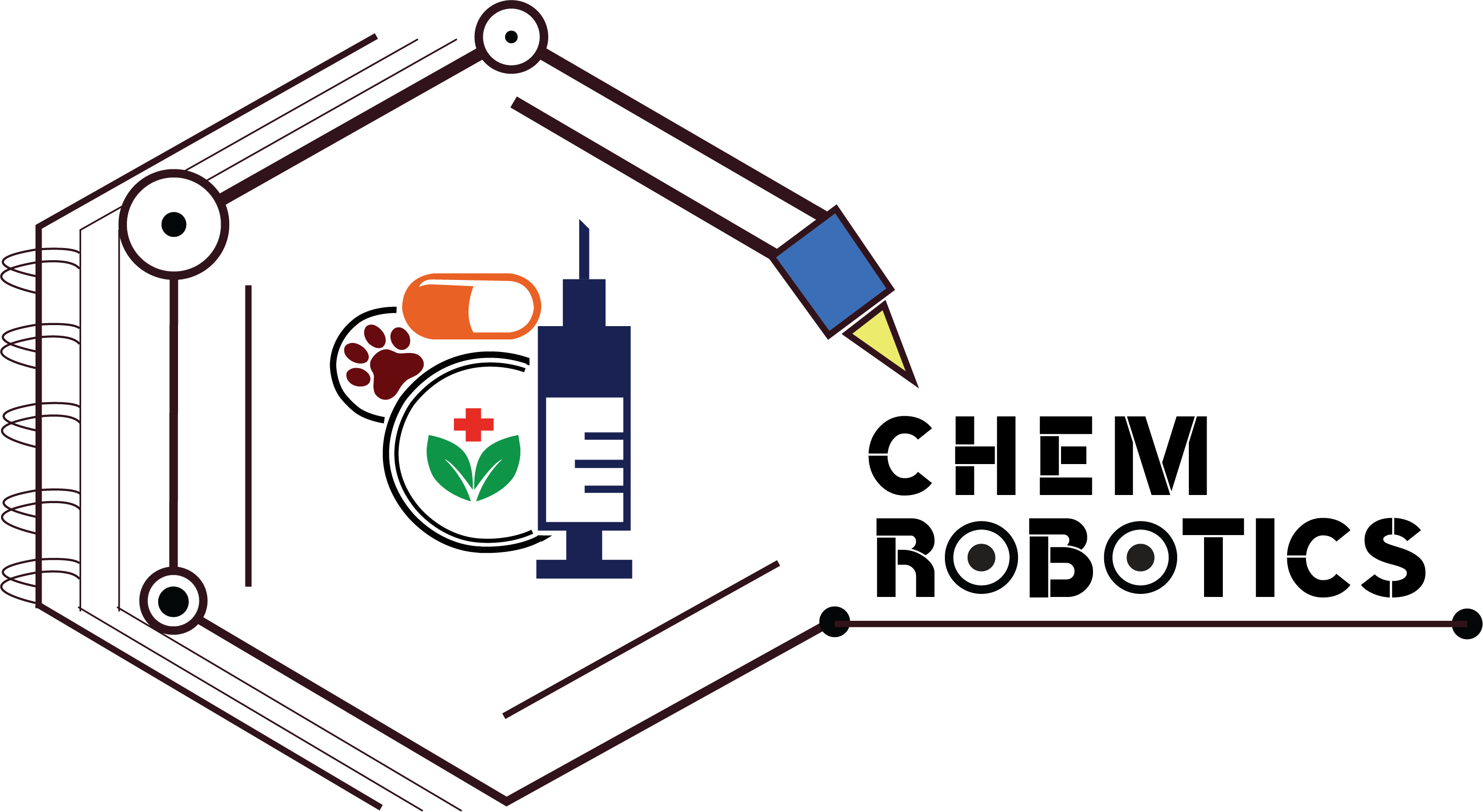Summary –
- The Delhi High Court has published the final drafts of ‘High Court of Delhi Rules Governing Patent Suits, 2021’ and ‘Delhi High Court Intellectual Property Rights Division Rules, 2021’ and has invited suggestions for the two by December 17, 2021.
- The Court had earlier this month proposed the Rules subsequent to establishment of the Intellectual Property Division (IPD) in the High Court, to deal with all matters related to Intellectual Property Rights (IPR).
- The Delhi high court has been the busiest with patent litigation followed by the Bombay high court and the Madras high court
- The Intellectual Property Appellate Board (IPAB) was dissolved by the government vide “The Tribunals Reforms Ordinance, 2021”.Subsequently, all cases/appeals pending before the IPAB have been transferred to the respective High Courts (of Delhi, Bombay, Madras, Calcutta or Ahmedabad as the case may be) or Commercial Courts in copyright matters. Hence, the IP-related appeals and procedures are currently being filed with the appropriate high courts or commercial courts, depending on the jurisdiction.
In a much anticipated and awaited development, the Delhi High Court has released the final drafts of ‘High Court of Delhi Rules Governing Patent Suits, 2021’ and ‘Delhi High Court Intellectual Property Rights Division Rules, 2021’ and sought suggestions for both by December 17, 2021.

Dehli HC invites Suggestions till 17 Dec to Finalizes Draft Rules Governing Patent Suits & Intellectual Property Rights Division Rules
The High Court had earlier this month come out with the final draft of Delhi High Court Intellectual Property Rights Division Rules, 2021 following the creation of the Intellectual Property Division (IPD) in the high court on July 7, 2021, to deal with disputes pertaining to intellectual property rights.
The IPD will deal with original proceedings, writ petitions (Civil), capability maturity model (CMM), regular first appeal (RFA), first appeal from order (FAO) on intellectual property rights disputes, except those required to be dealt with by the division bench.
The proposed Rules come out as a result of the Tribunal Reforms Act, 2021, and the recommendations made by the committee constituted by the Chief Justice of the Delhi High Court Justice DN Patel, to further the implementation of the said legislation. This committee is composed of the Chief Justice, along with Justice Pratibha M Singh and Justice Sanjeev Narula as its members.
The Rules consist of a total of 41 Rules consisting of definitions, procedure for appeals, different petitions such as original petitions, writ petitions, suits, recording of evidence, intervention by third parties, summary adjudication, guidelines of written submissions and timelines for oral submissions, costs, appeals from orders of the IPD etc.
The Chief Justice will notify benches for the IPDs occasionally and exclusive IPD benches are also likely to be set up for handling such matters.
The High Court had also notified new nomenclature in respect of the matters relating to intellectual property rights coming into force with immediate effect.
On the other hand, the high court has also finalized the ‘High Court of Delhi Rules Governing Patent Suits, 2021’. The Rules consist of 17 Rules including definitions, content of pleadings, first hearing of the suit, filing of affidavits of admission/denial and other briefs, second and third case management hearing, mediation, panel of scientific advisors, final hearing, summary adjudication and general clause.
“Procedures and definitions not specifically provided for in these Rules shall, in general, be governed by the Civil Procedure Code, 1908 as amended by the Commercial Courts Act, 2015 and the Delhi High Court (Original Side) Rules, 2018 as also the Delhi High Court Intellectual Property Rights Division Rules, 2021, to the extent they are not inconsistent with the present Rules,” it reads.
Last month the high court had sought suggestions from bar council members for the Draft Intellectual Property Rights (IPR) Division Rules, 2021. It came out with the final draft of the Rules following inputs from members of the bar council.
IPD created by the Delhi High Court to resolve intellectual property rights disputes is a sign of good things to come for the drug industry. It will help deal with patent litigations smoothly.
“Creating IPD with comprehensive rules will have significant impact on Rules governing intellectual property. The drug industry is hopeful of getting fair and technically sound orders from the High Court in patent litigations, since a panel of scientific advisors is likely to be set up as per the draft Rules Governing Patent Suits, 2020 to hear cases alongside the judges,” said Anay Shukla, managing partner, Arogya Legal.
The IPD has been established by the High Court to avoid multiplicity of proceedings and possibility of conflicting decisions with respect to matters relating to the same trademarks, patents, design etc, he said.
There has been a gradual rise in patent litigation in the pharmaceutical sector over the years. The surge in pharma patent litigation in the country is attributed to the amendment introduced to the Patents Act, to bring it in line with Agreement on Trade-Related Aspects of Intellectual Property Rights (TRIPS). In 2005 India introduced product patents for pharmaceuticals due to its commitment under TRIPS.
The Indian Patent Office started issuing product patents in 2009. As a result, the innovator foreign drug companies started filing infringement suits against domestic drugmakers, which led to a rise in patent litigation in the pharma sector.
The Delhi high court has been the busiest with patent litigation followed by the Bombay high court and the Madras high court.
The Intellectual Property Appellate Board (IPAB) was dissolved by the government vide “The Tribunals Reforms Ordinance, 2021”.
Subsequently, all cases/appeals pending before the IPAB have been transferred to the respective High Courts (of Delhi, Bombay, Madras, Calcutta or Ahmedabad as the case may be) or Commercial Courts in copyright matters. Hence, the IP-related appeals and procedures are currently being filed with the appropriate high courts or commercial courts, depending on the jurisdiction.
Delhi High Court Intellectual Property Rights Division Rules, 2021
The Court had earlier this month proposed the Rules subsequent to establishment of the Intellectual Property Division (IPD) in the High Court, to deal with all matters related to Intellectual Property Rights (IPR).
The IPD will deal with original proceedings, Writ Petitions (Civil), CMM, RFA, FAO on Intellectual Property Rights disputes, except those required to be dealt with by the Division Bench. The IPDs have been constituted based on the committee’s recommendations constituted by Chief Justice DN Patel and composed of Justice Prathiba M. Singh and Justice Sanjeev Narula. The committee was constituted to streamline and comprehensively review how a la large quantum of IPR cases should be dealt with; they have submitted their report on IPR and non-IPR subjects.
The Rules consist of 41 Rules including definitions, procedure for appeals, original petitions, writ petitions, suits, recording of evidence, intervention by third parties, summary adjudication, general clauses, guidelines of written submissions and timelines for oral submissions, costs, Appeals from orders of the IPD etc.
High Court of Delhi Rules Governing Patent Suits, 2021
The Rules consist of 17 Rules including definitions, content of pleadings, first hearing of the suit, Filing of affidavits of admission/denial and other briefs, second and third case management hearing, mediation, Panel of Scientific Advisors, final hearing, summary adjudication and general clause.
“Procedures and definitions not specifically provided for in these Rules shall, in general, be governed by The Civil Procedure Code, 1908 as amended by The Commercial Courts Act, 2015 and the Delhi High Court (Original Side) Rules, 2018 as also the Delhi High Court Intellectual Property Rights Divison Rules, 2021, to the extent they are not inconsistent with the present Rules,” it reads.

